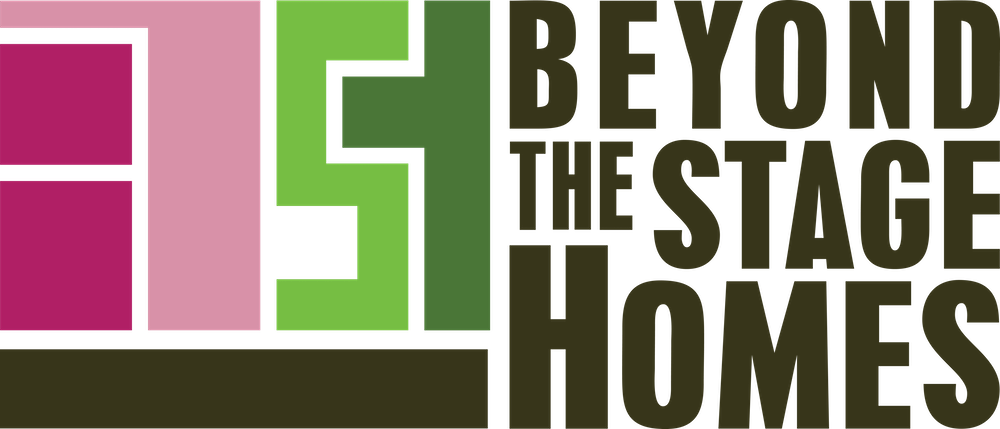When we style a home, we place the furniture for function and living based on how we live in the home. When it comes to selling your home, this may not be the optimal way to showcase it and its features, so it is important to review and evaluate what items should remain in each room, and what should be removed for the purposes of staging and selling.


This editing can be critical to creating the right flow throughout the home, allowing your potential buyers to properly “feel” the space and envision themselves in it. Items removed from the room should be stored off-site until the house has sold. In some cases, you may be able to relocate items within the home.
How do you know what stays and what goes?
Determine what the style of the room is versus what it should be for the style of house, neighbourhood, and listing price, and select the pieces that best reflect the house’s style.
What is the intended purpose of the room? In most cases, a room should have only one purpose and its intended purpose should be clearly outlined in its furnishings. If you have been using your dining room as a kid’s playroom, it will need to be converted back to a dining room to properly show the scale and purpose of the room.
For bedrooms, as a general rule, we recommend aiming to show a minimum of 3 of these rooms as bedrooms. We always recommend properly furnishing the smallest of the bedrooms to properly show the scale. As well, if a bedroom has an awkward layout, it is a good idea to show it furnished.
Evaluate what items in a room are absolutely necessary for everyday function, and then ask whether or not they add to helping to show the room’s purpose and use. If not, try to disguise or hide them, otherwise, remove them temporarily.
Are any furniture pieces blocking critical areas such as windows, doors, or vents? If so, be sure to remove them or relocate them to ensure that access to these areas is clear.


Are any furniture pieces impeding the natural flow of traffic?
“Traffic flow” is something that can very easily turn off buyers, without them consciously realizing it – remove any items that force an unnatural path through the home.
What is the quality of the furniture? Heavily damaged furniture should be removed; moderately damaged furniture may be repaired and touched up. Although your furniture is unlikely to be sold with the house, buyers will often judge how a home is cared for by how the furniture is cared for (you’ll often hear this referred to as “Pride of Ownership” or “Pride of Property”).
Is the furniture out-of-date? If so, consider removing and replacing when possible.
Are any furniture pieces overshadowing the room? It’s great to have some colour in the accents in a room, but bold patterns and/or colours on large furniture pieces can over-shadow the room.

Is the room balanced? Every furniture piece has a visual “weight”.
Visual Weight – darker pieces and larger pieces are heavier; light coloured pieces and smaller furniture is lighter; glass items should be balanced with “light” furniture
Use items such as artwork, accessories, and plants to help balance areas of a room that are lacking
The most important rooms in the home, according to your buyers, are:
Kitchens
Bathrooms
Master bedrooms
Living rooms
First impression areas should also receive special attention, including the front entry, and any other rooms clearly within view from the entrance of the home.
Once you have determined what stays, you must then determine if anything additional should be added to the room to highlight the features. You may choose to purchase these items, or you may wish to rent them from your home staging provider. Regardless, your new furniture plan will only be effective with the proper finishing touches.
For more information on how to stage your home, or to get assistance with everything from pre-listing staging to decor and furniture rentals, contact Beyond The Stage Homes!
Phone: 1-266-240-0766
Email: info@btshomes.com

